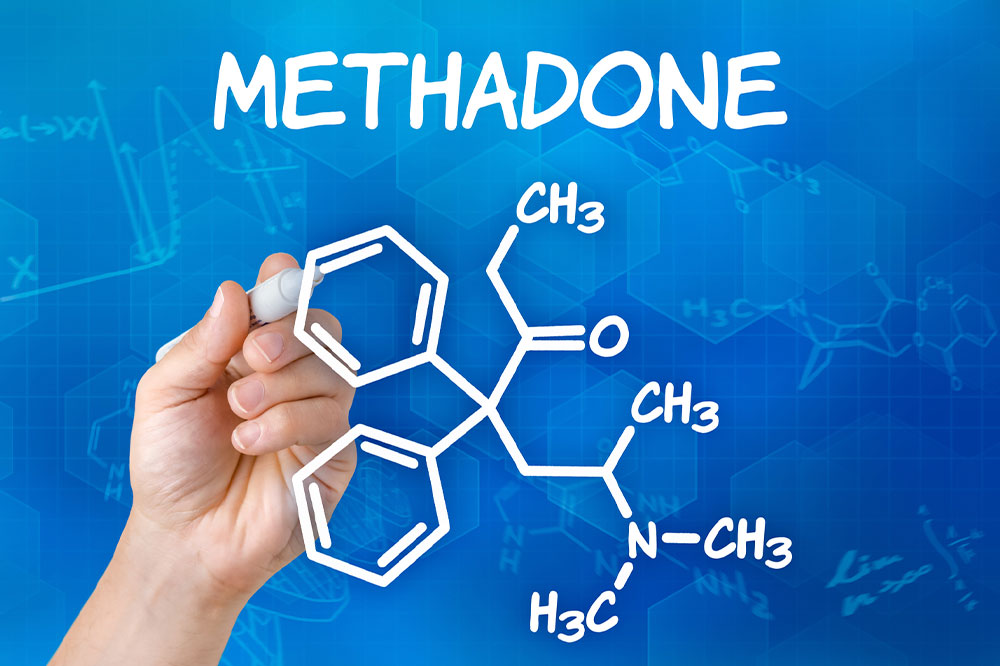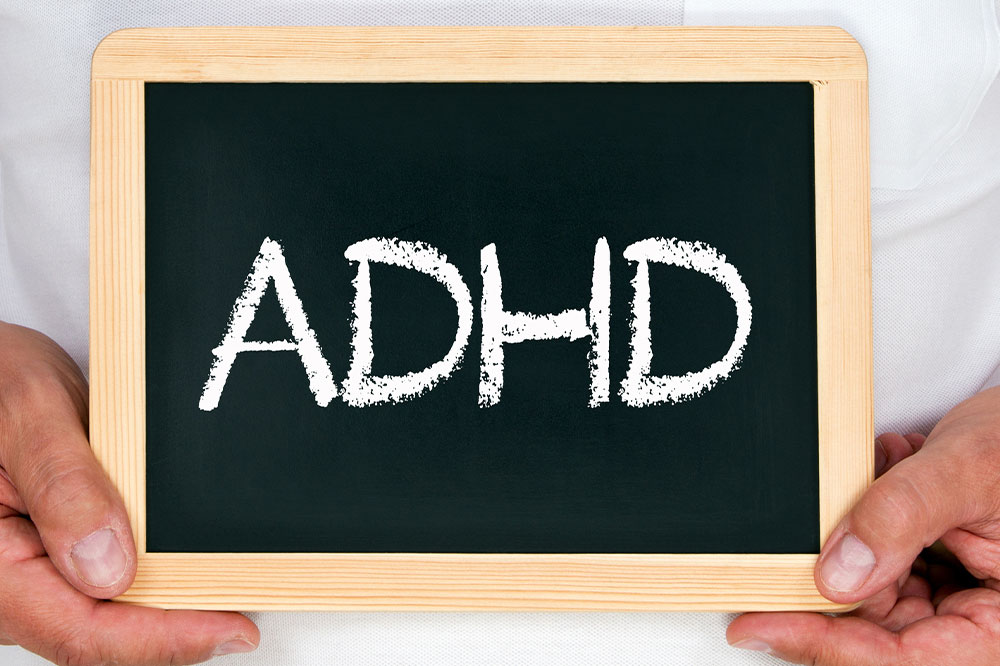Comprehensive Insights into Opioid Dependency: Causes, Symptoms, and Treatment Strategies
This detailed article explores the complexities of opioid dependency, including its causes, signs, and modern treatment approaches. It discusses genetic, biological, environmental, and mental health factors influencing addiction, emphasizing early recognition and integrated treatment options such as medication-assisted therapy and emerging vaccines. Understanding these aspects can aid in prevention and effective management, ultimately reducing the social and health impacts associated with opioid dependence.

Comprehensive Insights into Opioid Dependency: Causes, Symptoms, and Treatment Strategies
Opioids are potent medications prescribed primarily for pain management, especially in cases of acute pain following surgery, injury, or other medical conditions. These drugs are invaluable in alleviating severe pain and improving quality of life for many patients. However, their powerful effects come with significant risks, particularly when used over extended periods. Prolonged opioid use can lead to the development of physical and psychological dependence, commonly referred to as opioid addiction. This condition poses a serious threat to individual health and safety, as well as broader societal impacts, including increased healthcare costs, loss of productivity, and rising mortality rates globally.
Understanding opioid dependency involves recognizing how these medications affect the nervous system, producing sensations of euphoria and pain relief, which can be alluring and addictive. While opioids are legitimately prescribed for medical reasons, misuse and dependence often develop when users continue taking the medication beyond the intended duration or dosage, seeking the pleasurable effects or relief from emotional distress. This behavioral pattern can quickly spiral into addiction, with profound health and social consequences.
Various factors contribute to the development of opioid dependence. While the exact mechanisms remain under research, it is clear that the interaction of genetic, biological, environmental, and mental health factors plays a crucial role in susceptibility. Identifying and understanding these factors is essential for effective prevention, early intervention, and comprehensive treatment of opioid addiction.
Genetic Influences: A family history of substance abuse significantly increases the likelihood of developing opioid dependence. Genetic predisposition affects how individuals respond to opioids and their propensity for addiction.
Biological Factors: Some individuals have lower levels of natural pain-relieving chemicals called endorphins, which prompts them to seek external substances like opioids for relief. This biological vulnerability can make dependence more likely.
Environmental Conditions: Growing up in environments characterized by instability, neglect, or abuse, especially when family members or caregivers misuse substances, elevates the risk of developing dependency issues.
Mental Health Considerations: Mental health disorders such as depression, anxiety, or post-traumatic stress disorder (PTSD) often co-occur with substance misuse. Self-medication to cope with emotional pain can lead to dependency on opioids.
Recognizing the Symptoms of Opioid Dependence: Early detection of addiction is crucial for effective intervention. Symptoms can be subtle or overt and may include mood swings, irritability, hallucinations, memory impairment, nausea, excessive sweating, muscle spasms, respiratory issues, and in severe cases, coma or death. Being aware of these signs helps caregivers, healthcare professionals, and individuals seek prompt medical help.
Strategies for Managing and Overcoming Opioid Dependence: Treatment plans typically involve a combination of medication-assisted therapy (MAT) and counseling. Medications such as Buprenorphine and Methadone work by stabilizing brain chemistry, reducing cravings, and blocking euphoria, thereby supporting recovery. Counseling, behavioral therapy, and support groups are integral to addressing psychological dependence and preventing relapse. Recent advances include innovative treatments like opioid vaccines designed to prevent the drugs from reaching the brain, which could revolutionize addiction management and recovery outcomes. A comprehensive, empathetic approach is essential for effective treatment and long-term recovery.





